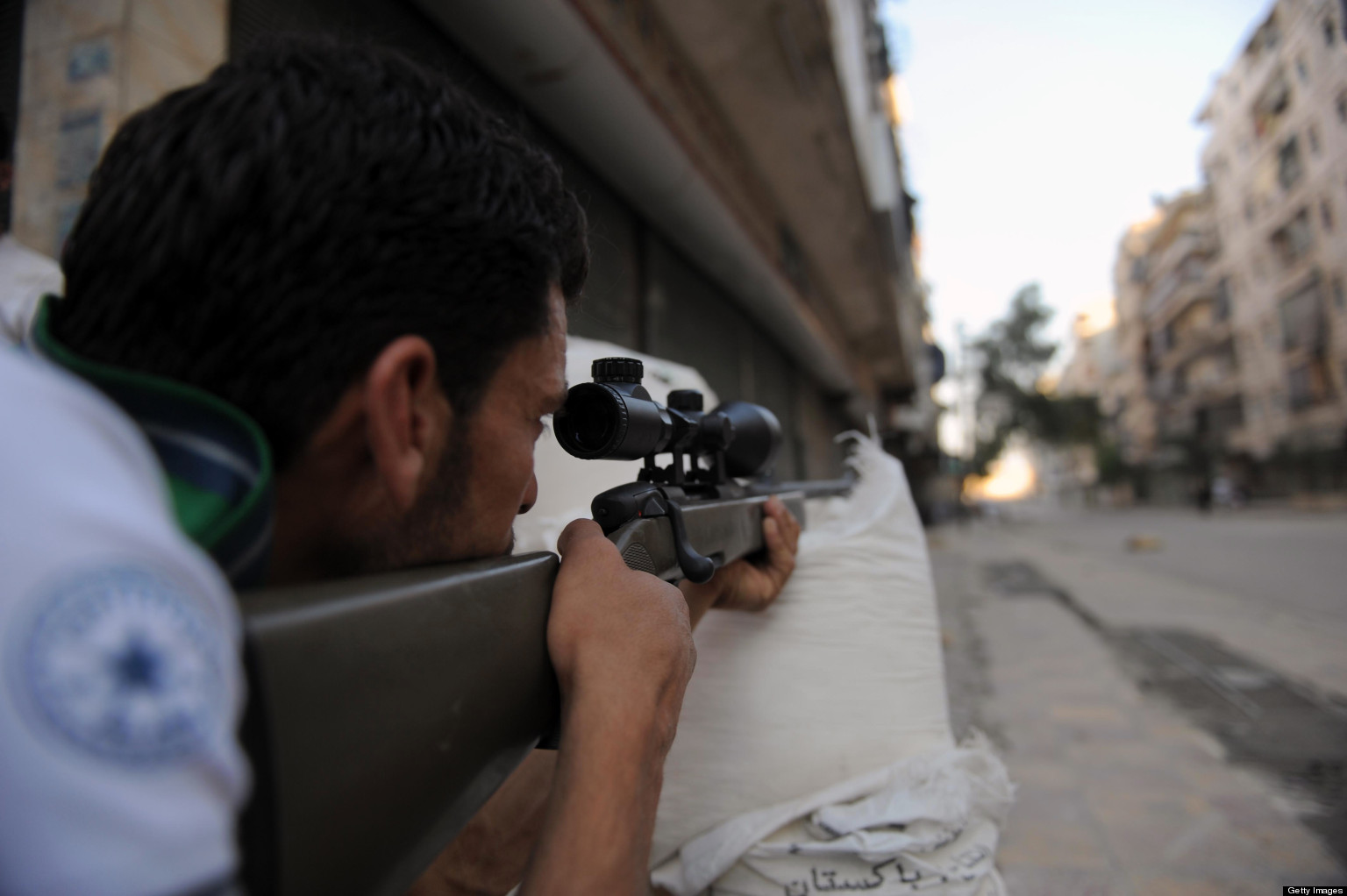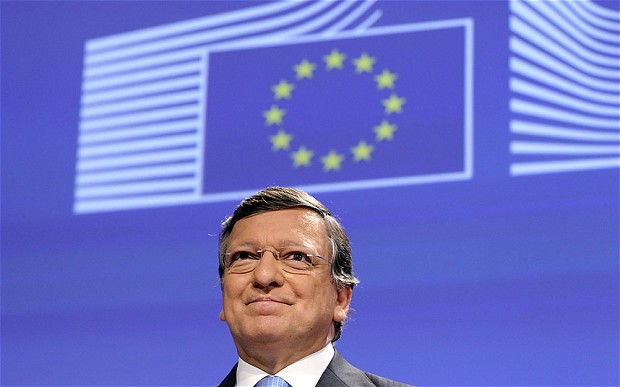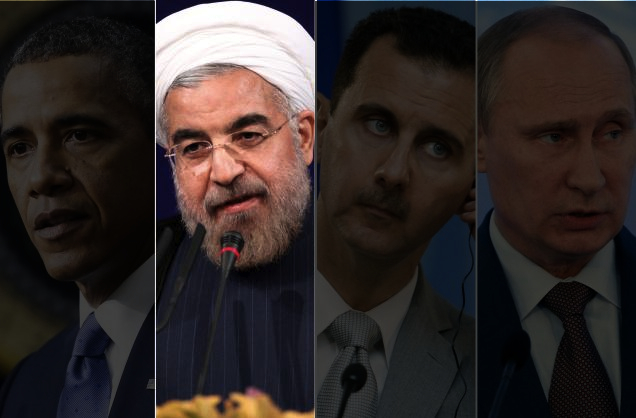After months of pressure and internal debate, the European Union has decided to lift its embargo against arm shipments to Syria. The decision enables EU member states to provide direct support to rebel forces in the war-torn country. Many European states remain sceptical of any plans to send arms to Syria, but France and the United Kingdom successfully led the charge to leave the matter up to individual members. This decision is the latest example of a somewhat perplexing trend in recent months. Western aid and intervention is being treated with increasing seriousness just as it is becoming less viable. The lifting of the European embargo, along with the accompanying interventionist rhetoric, risks escalating an already volatile situation. If intervention remains as improbable as it now seems, this escalation will serve no humanitarian purpose. Instead, it seems that humanitarian pressures and geopolitical strategies are interfering with each other, encumbering an effective response to the crisis.
[captionpix align=”left” theme=”elegant” width=”300″ imgsrc=”http://natoassociation.ca/wp-content/uploads/2013/06/3-b.jpg” captiontext=”Arming the rebels is not as black and white as many claim it to be.”]
It is becoming increasingly untenable to represent the Syrian conflict as a battle between a dictatorial regime and a brutally repressed rebellion. Various governments and observers have expressed misgivings about the Syrian opposition, parts of which have startling affiliations with extremist groups. The brutality of the Syrian war has been well documented, but western media outlets have been increasingly interested in documenting the vicious tactics used by all sides of the conflict, not just the Syrian government forces. Finally, the conflict is now being depicted as a stalemate, a stark contrast to the narrative propagated some months ago that the Syrian government was on the precipice of collapse. With all this in mind, it is difficult to comprehend how the threat of more arms would serve the Syrian people well, regardless of one’s opinion of a direct western intervention.
British Foreign Secretary William Hague has described the lifting of the embargo as “necessary and right to reinforce international efforts to reach a diplomatic solution to the conflict in Syria.” If this comment is to be taken seriously, there seems to be some serious folly in the British approach. On the one hand the British insist on a diplomatic solution, while on the other “reinforcing” their commitment to diplomacy by ensuring that “all options remain on the table.” There is nothing inherently contradictory about backing up one’s words with the threat of force, but such an approach requires the threat to be convincing. In this case, the threat rings hollow for two reasons. First, it is difficult to imagine western countries intervening in any capacity as it would be an immensely complicated and risky endeavour. Secondly, Syria has an increasingly reliable partner in Russia that can provide diplomatic and military support. So this ostensible effort to bolster a mostly non-existent political dialogue has served to escalate tensions and undermine the already limited prospects for democracy.
Lifting the embargo would be more understandable if there were any prospects of an immediate rebel victory. But this is not the current reality. Instead, European governments have escalated a stalemate while doing nothing to bring it to an end. Any material assistance European states might provide to the rebels can be matched by the Russian support for the Assad government. As if to make this readily apparent, a Russian shipment of aircraft and anti-aircraft technology was announced, shortly after the embargo’s termination was announced.
The Syrian conflict is a civil war, but its international dimensions are becoming increasingly apparent. Most evident is the east-west divide between Russia and the United States along with Europe. Some have also interpreted the war through the prism of a regional Sunni-Shia divide. Amongst the multitude of interested parties, western states appear to have the least cause for involvement. If the war is to be understood to be shaped in part by an international Sunni-Shia power struggle, Iran and Hezbollah both have a reason to lend their support to Assad. Conversely, Saudi Arabia and its Gulf allies would prefer to see the Sunni-led opposition continue to undermine the Syrian government. If Assad falls, Russia would be unlikely to receive favourable treatment from a new government given their close relations with Assad’s. Consequently, it is not difficult to understand why Russia has lent its support to the Syrian government despite the chorus of international condemnation it has elicited. All of these actors have clear interests in the outcome of the conflict, along with achievable goals.
European and North American governments have been under pressure to do something about the crisis in Syria, but the inconsistencies and lack of conviction in their actions betrays a degree of confusion over what “doing something” should actually entail. Unlike the aforementioned actors, western states have less immediate interests and fewer achievable goals. Of course, the US and its allies would prefer a more cooperative government in Syria and greater stability which might placate constituencies demanding an end to the humanitarian crisis. But these ideals do not translate into a clear set of policies. If Assad goes, it is unclear who would replace him, and it is equally unclear that even if the west sent money exclusively to “vetted” opposition forces that they would be able to topple the Syrian government. Therefore, the inconsistent western response to the crisis can be understood as a struggle to balance the potentially destabilizing pursuit of regime change with the desire to facilitate greater stability.
In this case, “doing something” is not simply a matter of picking a side. A solution to the Syrian crisis likely lies in an eventual change in the balance of the conflict, followed by a negotiated settlement. Both sides of the conflict rely on external sponsors in order to sustain their efforts and perpetuate the war. By permitting member states to provide armaments to combatants, the EU’s decision risks compounding a serious problem that may prolong the war and the devastation it entails. It can be argued that Russia’s role in the conflict has the same effect, but its involvement is more politically explicable and is not accompanied by misguided humanitarian rhetoric.
Until now, Europe has wisely resisted pressures to escalate the situation. By abandoning the embargo, European authorities have joined the long list of actors willing to engage in the Syrian conflict, leaving an even shorter list of actors who can genuinely claim a commitment to peace. By privileging the desire to replace the Assad government over the desire to end the war, humanitarian interests have been usurped by international politics, and humanitarian language has been co-opted to serve fundamentally political ends. Put simply, European authorities have reacted to a major catastrophe with a response that is, despite rhetoric to the contrary, incoherent on humanitarian grounds.




